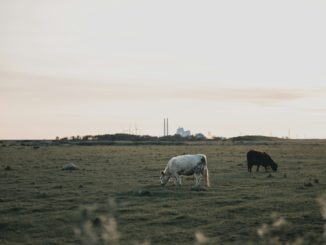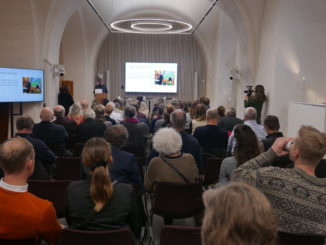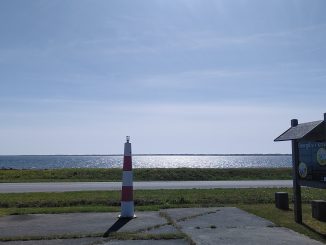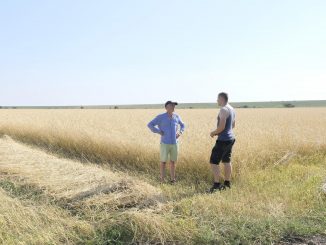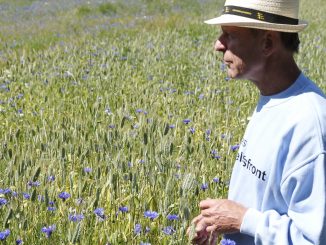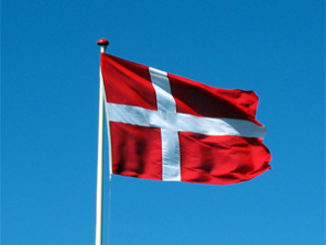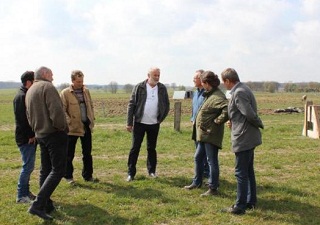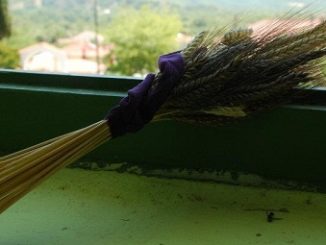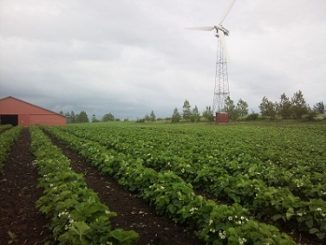
Impact and Opportunities of the 2023-27 CAP Reform in Denmark
In the report that accompanies this article, CONCITO analyses the implementation of the 2023-27 Common Agricultural Policy (CAP) reform after its first year of implementation, using Denmark as a case study. The focus lies on examining the new components of the reform, namely the New Delivery Model (NDM), the enhanced conditionality, and the eco-schemes, and their contribution towards both the European Union (EU) and national objectives concerning climate, biodiversity, and the environment. Recommendations are also made for improved delivery. […]

